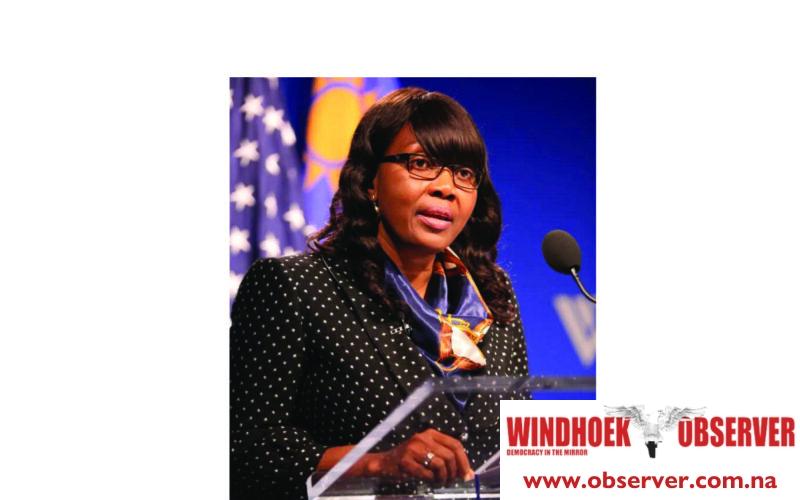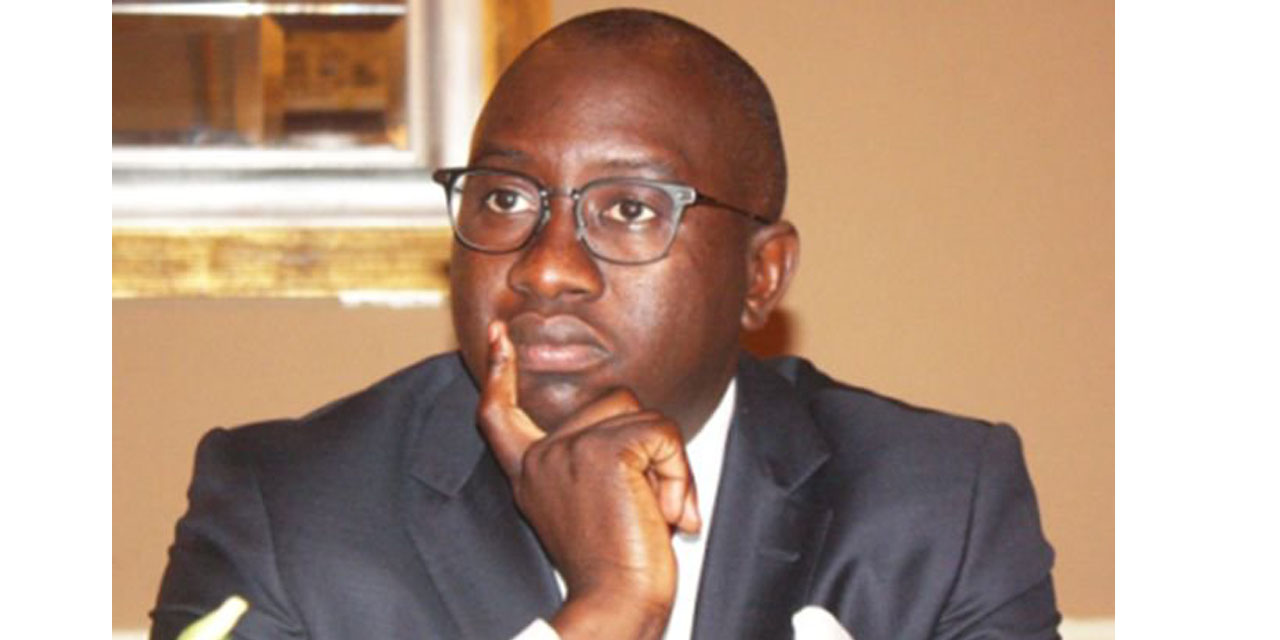Hertta-Maria Amutenja
The speaker of the National Assembly, Sara Kuugongelwa-Amadhila, has warned that international donors who opt to work exclusively with civil society organisations rather than elected governments risk undermining state-led development.
She said this approach could also weaken democratic accountability.
She made the remarks during an interactive debate at the United Nations in Geneva under the theme “Networked Global Governance for More Effective Multilateralism: Does it Work?”
Kuugongelwa-Amadhila said civil society organisations and other non-state actors contribute to national development, but they do not carry the same democratic mandates as elected governments.
“We note that there are some limitations. One of them is that because they are not elected, they cannot represent the government. Especially when international donors try to see them as an alternative to working with government, that creates a problem,” she said.
She raised the issue as Namibia begins to formalise its engagement with civil society through the Government–Civil Society Partnership and Engagement Policy (GRN-CSPEP), adopted in 2024.
The policy outlines how the government and civil society can work together. It includes cash subsidies, tax incentives, and joint programme implementation in areas like health, education, disaster relief, and youth empowerment.
“We have adopted a formal policy for collaboration with civil society organisations and the private sector. This policy provides for modalities of cooperation, including cash subsidies, tax incentives, and arrangements to implement government programmes in order to provide much-needed services to our communities,” she said.
While acknowledging that civil society groups can access hard-to-reach areas and provide technical support, Kuugongelwa-Amadhila said their work should support and not replace government efforts.
“While we recognise that non-state actors bring value to development initiatives, they cannot hold government accountable,” she said.
She stressed that when donors bypass governments and channel funds directly to NGOs, it undermines institutions that are meant to serve citizens and be held accountable by them.
“It becomes difficult even for the government to provide them with subsidies where they cannot account for public funds. Government is expected to account to the public,” Kukongelwa-Amadhila said.
She also said that not all civil society organisations reflect the interests of the wider population.
“Sometimes their views do not represent the views of the broader society. They introduce and advocate for things that are not embraced by communities and that can result in tensions between NGOs and certain segments of communities,” she added.
Her remarks reflect broader concerns among African leaders that donor preferences for NGOs may weaken national ownership of development plans.
In Namibia, donors, such as the European Union and other international organisations, support projects focused on climate resilience, civic education, and healthcare.
However, some NGOs operate with limited oversight and are not audited, making it difficult for the government to ensure proper use of public resources.
Namibia’s efforts to improve governance include the 2022 Access to Information Act and its participation in initiatives such as the Extractive Industries Transparency Initiative (EITI).
The GRN-CSPEP is expected to strengthen consultation and accountability between government and civil society.
Kuugongelwa-Amadhila said civil society engagement remains important, but it should support the government’s role, not bypass it.




